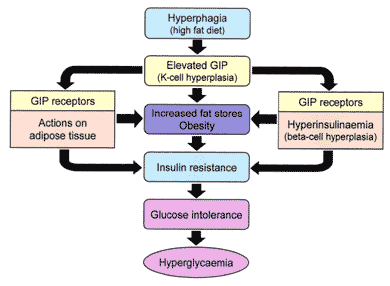| 2003 |

|
YEAR BOOK |
University of Ulster
|
Targeting diabetes
|

The Diabetes Research Group in the School of Biomedical Sciences at the University of Ulster, Coleraine, comprises 4 Academic Staff, 6 Research Officers and 23 Research Students. The Group has a prolific research profile focussing on five key areas:
-
�Bioengineering insulin secreting cells for the future gene therapy of diabetes.
-
�Elucidating the complex mechanisms regulating pancreatic beta cell function.
-
�Glycation and other structural modification of biologically active peptides in the pathogenesis and potential treatment of obesity and diabetes.
-
�Discovery, targets and action of pharmacological and natural antidiabetic agents.
-
�Involvement of nutrient- and drug-induced toxicity in pancreatic islet-cell dysfunction, demise and destruction.
The novel and innovative research activities of the Diabetes Research Group are strengthened through an extensive network of international collaborations, achieved through the foundation and co-ordination of the Islet Study Group of the European Association for the Study of Diabetes, the Islet Research European Network, and the Islet Research Latin American Network.
Further details on current activities and opportunities of working with the Diabetes Research Group are available at: http://www.ulst.ac.uk/faculty/science/diabetes/update/index.html
Contact: Professor Peter R. Flatt; E-mail: [email protected]